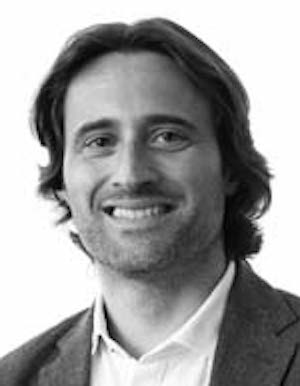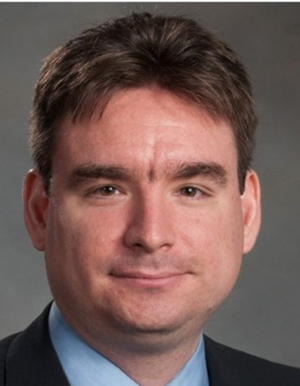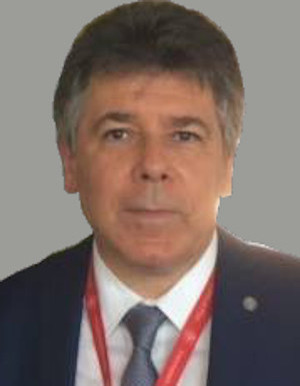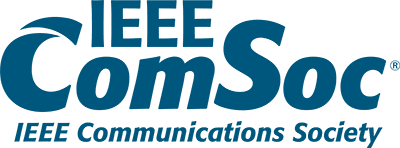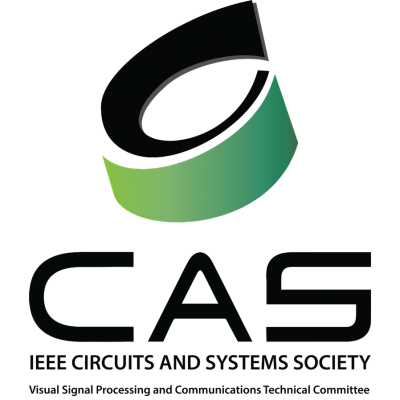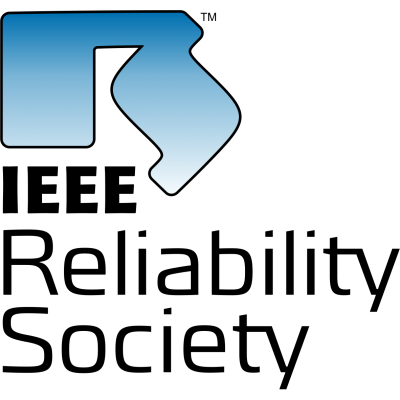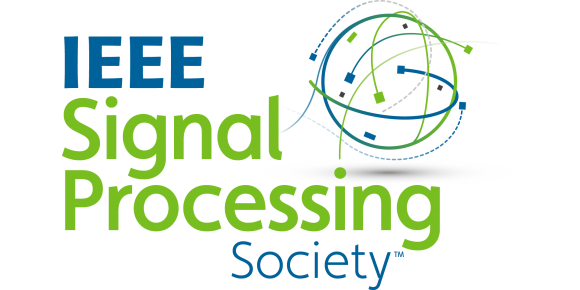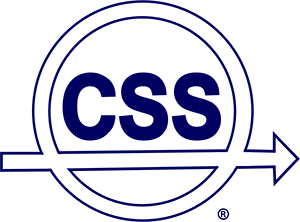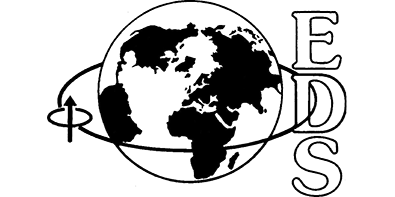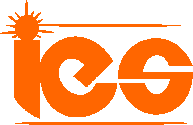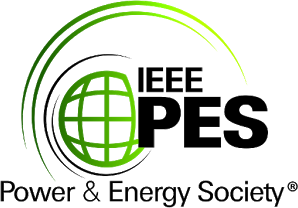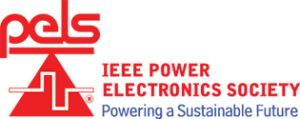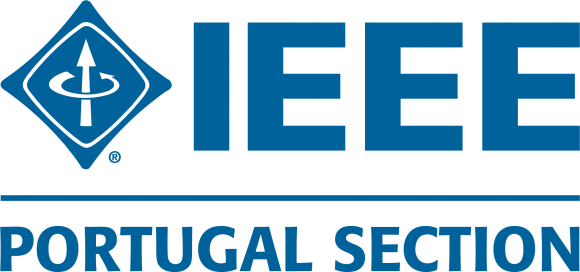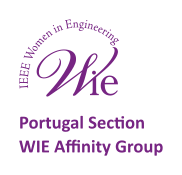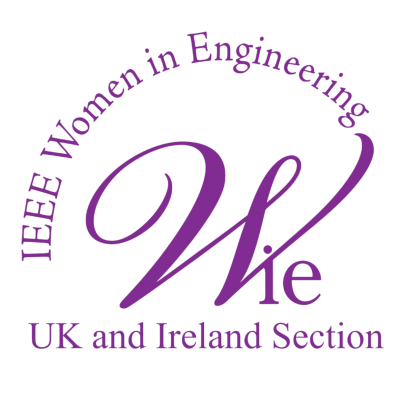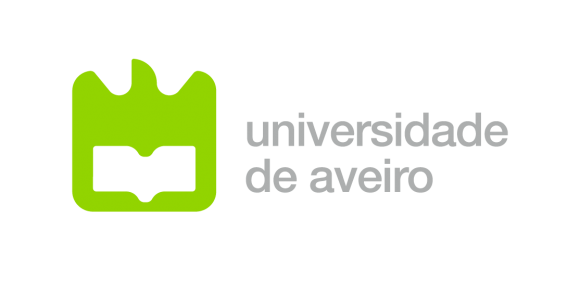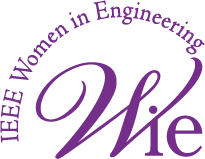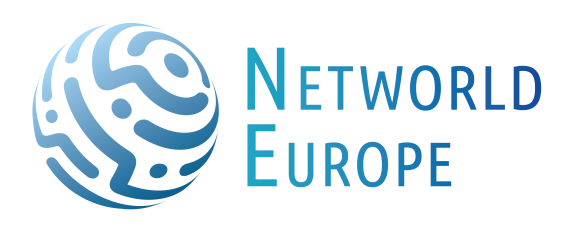Vertical Track: Agriculture and Aquaculture
Track ID: Vert-03
Description
Application of ICT technologies in the agricultural domain spreads across the entire agri-food supply chain – from the planting of seeds to the harvesting of crops, breeding livestock and treating disease, transporting goods and managing commercial sales, where agricultural innovations have a role to play at every stage. Agricultural science and technology is rapidly becoming one of the world’s fastest growing and exciting markets where the impact of innovations has explicit effects on humanity. It is driven by global changes: a rising population, rapid development of emerging economies with western lifestyle aspirations and growing geopolitical instability around shortages of land, water and energy. A technology revolution that is also taking place together more stringent regulations directives where sustainability will be the key. Breakthroughs in nutrition, genetics, informatics, satellite imaging, remote sensing, meteorology, precision farming and low impact agriculture mean agricultural technologies have huge potential for development. The scale of farming worldwide has changed significantly in recent years, with a drastic increase toward intensive, profit-driven enterprises due to market pressures. Nevertheless in many countries small and medium companies are the key actors in this domain. This step change has resulted in a demand for technologies and equipment which can reduce costs and labor inputs with concurrent increases in capacity to provide economies of scale. These economies of scale however will not yield profit unless quality is maintained and this is a central focus of any new technologies developed for the sector. The WF will explore how Internet of Things technologies contribute to address all of these challenges through improvements in yield and efficiency with discussions from renowned experts in academia, industry, and the public sector. Research works on the following topics, but not limited to, are welcome for submission to this session:
- ON FIELD OPERATIONS
- FARM OPERATIONS
- SUPPLY CHAIN and SALES
- DATA and COMMUNICATIONS
- CONSUMER and SOCIETAL IMPACT
- ENVIRONMENTAL IMPACT AND SUSTAINABILITY
Sessions
Session 1: Data and Communications. Precision farming services are becoming more and more dependent on high-quality data captured by sensors on the field, agricultural machinery, aerial vehicles and EO systems. Integration of data coming from multiple sources in order to perform advanced analytics/ML is the trend. This session is devoted to practical implementations of digital farming services focused on data management aspects including novel data sharing architectures, data ontologies, semantic interoperability, data connectors and in general any protocol that enables practical use of data coming from differentiated sources.
Session 2: Environment and Sustainability. Spurred by public policies supporting sustainability and fight against climate change, agriculture and aquaculture practices are currently undergoing a shift towards preservation of natural landscapes, ecosystems and biodiversity, beyond pursuing increased productivity and efficiency through precision agri/aquaculture. In this situation, means for measuring and monitoring the environmental impact of agriculture and aquaculture activities are required. This session will deal with practical implementations of IoT technologies as enablers of environment monitoring in scalable and reliable manners.
Session 3: Greenhouse Technologies. Greenhouses for Agriculture are one of the most diversified environment with respect to different paradigms (such as hydroponic, Aquaponic, Aeroponic) and automation (from smart lighting to carbon dioxide control). This poses the basis of very challenging task for IoT where many different services need to be deployed on the same cloudified infrastructure were the orchestration of processing, storage, sensing and communication resources will have to be adaptively provided. The session covers the domain of real needs to validate the effectiveness of new technological solutions.
Session 4: Animal IoT. In response to the growing demand for sustainable, efficient, and ethical livestock management, advancements in Agricultural Internet of Things (Ag-IoT) are transforming the field of animal science. This session will delve into the intricate relationships between animal science and Ag-IoT solutions, unraveling the complexities and the potential they collectively hold. It will shed light on the challenges encountered and overcome, celebrating success stories that serve as guiding beacons for future endeavours. Furthermore, we will project and discuss potential roadblocks and hurdles that might shape the future trajectory of this emerging intersection.
Session 5&6: Ag-IoT - Systems Perspective I & II. As the intersection of agriculture and technology continues to evolve, the development of end-to-end Ag-IoT solutions necessitates a holistic understanding of system-level challenges. These sessions will offer an in-depth exploration of the diverse range of components within the Ag-IoT landscape, encompassing field sensors, field systems, field connectivity, edge computing, and cloud computing. We aim to identify and address the complex, multi-layered challenges that arise at each stage of these systems, with a focus on practical, scalable, and sustainable solutions. The discussion will not only dissect the intricacies of each element but also their interplay in constructing comprehensive Ag-IoT solutions.
Chairs
Luis Perez-Freire: Gradiant, Spain
Luis Pérez-Freire is Executive Director of Gradiant, the Galician R&D Center in Advanced Telecommunications, since 2015. He received the PhD in Telecommunications Engineering from the University of Vigo, Spain, in 2008. Before joining Gradiant in 2009 he was a visiting scholar and postdoctoral researcher in USA and France, respectively. Luis has participated in numerous R&D projects, most of them in collaboration with the industry, to take innovative ICT technologies to the market, and he is co-author of several patents. He is currently leading Gradiant as one of the key RTOs for the digital transformation of the strategic industrial sectors in its region. Luis is member of the Steering Board of AIOTI, the European Alliance for Internet of Things Innovation, which promotes digital innovation in different sectors which are key for the European economy and society. Since 2015 he has been leading the AIOTI working group of digital agriculture, which comprises more than 100 participants including ICT/agtech companies, R&D organisations, and representatives of farmers/cooperatives. Luis is also promoter and board member of the Galician Digital Innovation Hub DATAlife, focused on the value chains of biorresources, sustainability and health, which has been recently recognized as one of the European DIHs that will take part in the first European network of DIHs funded under the Digital Europe programme.
Mehmet Can Vuran: University of Nebraska-Lincoln, USA
Mehmet Can (Jon) Vuran received his B.Sc. degree in Electrical and Electronics Engineering from Bilkent University, Ankara, Turkey in 2002. He received his M.S. and Ph.D. degrees in Electrical and Computer Engineering from Georgia Institute of Technology in 2004 and 2007, respectively. Currently, he is the Susan J. Rosowski Professor of Computer Science and Engineering at the University of Nebraska-Lincoln. Dr. Vuran received an NSF CAREER award in 2010 for “Bringing Wireless Sensor Networks Underground”. In 2014, 2015, and 2016, he was named a highly-cited researcher in computer science by Thomson Reuters. He received a Parents Recognition Award from UNL Parent’s Association in 2016. He is the co-author of Wireless Sensor Networks textbook, TPC Co-Chair of IEEE INFOCOM 2020, and an editor in Computer Networks Journal, IEEE Transactions on Mobile Computing, and IEEE Communications Surveys and Tutorials Journal. His current research interests include Internet of Things, underground communications, cognitive radio networks, and cyber-physical networks.
Stefano Giordano: University of Pisa, Italy
Stefano Giordano is full professor at the Department of Information Engineering of the University of Pisa where he is the responsible of the Telecommunication Networks Laboratories giving lectures both at the University of Pisa and the Italian Navy Academy. He is senior member of the IEEE Comsoc and was Chair of the Communication Systems Integration and Modelling (CSIM) Technical Committee and at present vice-chair of the TACTILE INTERNET TC. He founded with Juniper Networks the first European Juniper Networks Higher Learning Center. He is author of more that 300 papers on peer reviewed international conferences and journals on the practical and theoretical aspect of modern networking including SDN, NFV and IoT. He was the responsible for the participation of the University of Pisa to the Euro-NGI (Next Generation Internet in Europe) Network of Excellence. From the research activities of his group two spin-off companies (Nextworks and Netresults) were created. He was co-founder of the CUBIT consortium where he is now President of the board.



